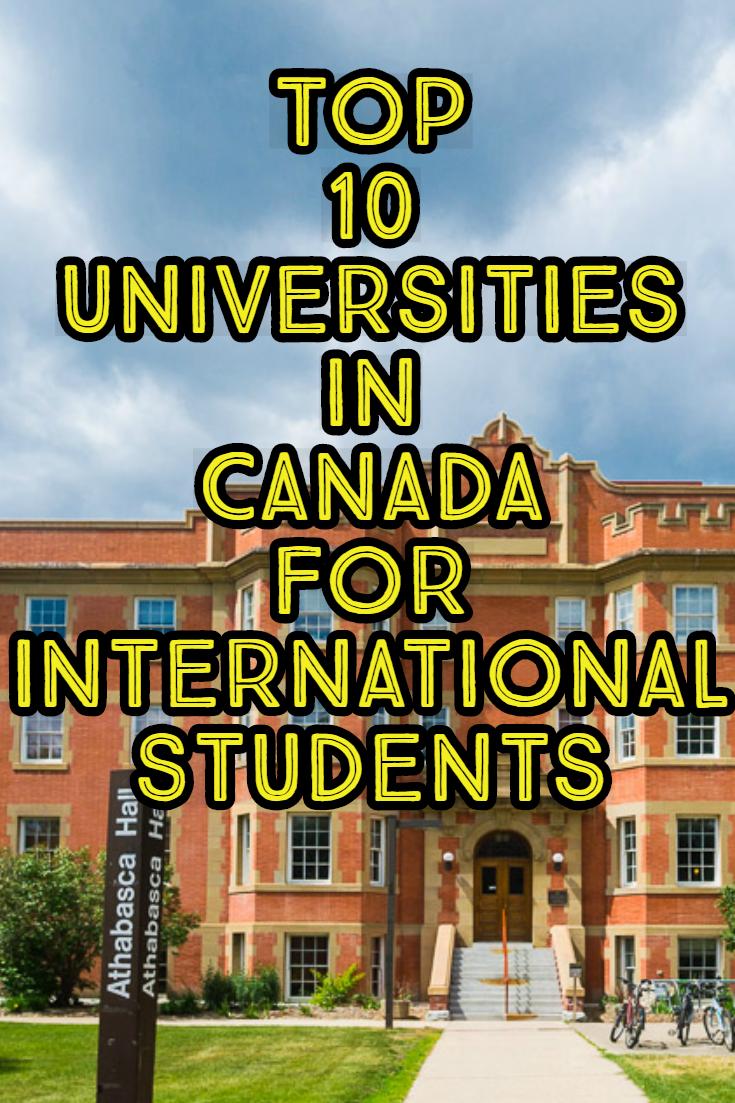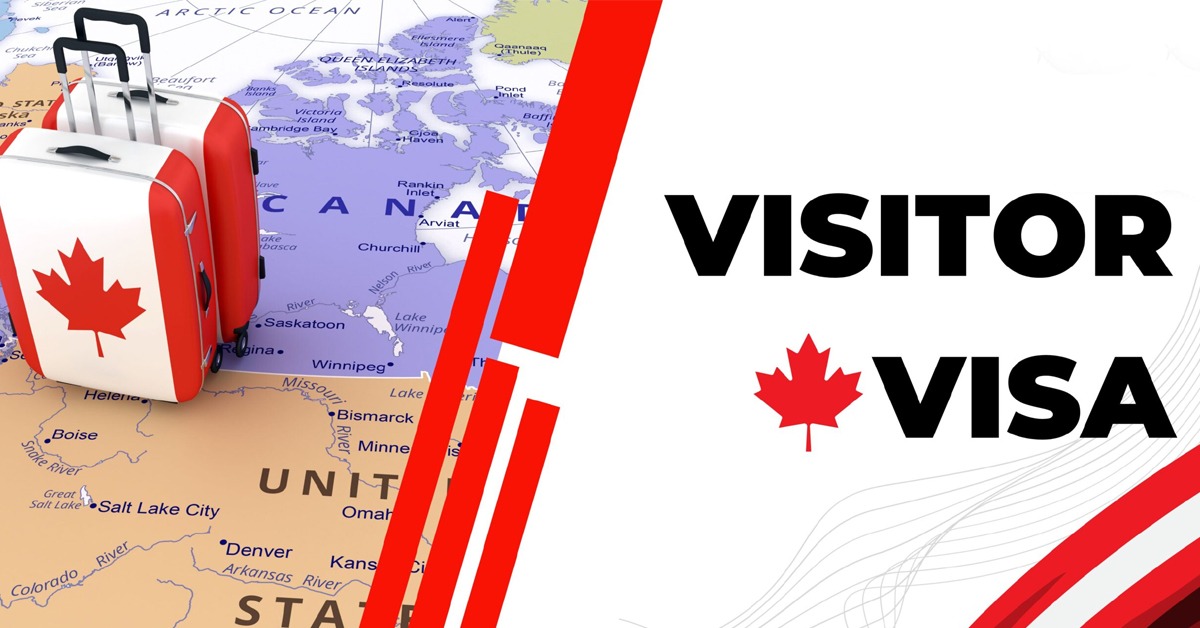Advertisement
Applying for a Canada Work Visa to relocate to Canada requires careful planning and a strong application. I believe that securing a work visa is not just a process—it’s your opportunity to access better career prospects, improve your quality of life, and contribute to Canada’s growing economy. Let me guide you through the key requirements, steps, and important considerations for obtaining a Canada Work Visa. Plus, I’ll provide a practical step-by-step guide to help you successfully relocate and start your new journey in Canada.
Understanding the Canada Work Visa
Before moving into the specifics, it’s essential to understand what a Canada work visa is and why it’s crucial for those seeking employment in the country. A Canada work visa allows foreign nationals to work legally in Canada for a specified period.
Advertisement
This visa ensures that employers are hiring individuals who have the right to work in Canada and that the process aligns with Canadian immigration laws.
Read: Unskilled Jobs for Immigrants in Canada – Work in Canada.
Types of Canada Work Visas
Canada offers several types of work visas, each catering to different needs and circumstances. Here’s a detailed breakdown of the main categories:

Temporary Work Permit
The Temporary Work Permit is designed for individuals who have a job offer from a Canadian employer but only intend to stay for a short period. This permit is ideal for those seeking temporary employment opportunities or short-term assignments in Canada.
Eligibility and Application Process
To be eligible for a Temporary Work Permit, you typically need a job offer from a Canadian employer who has obtained a Labor Market Impact Assessment (LMIA).
The Labour Market Impact Assessment is a document that confirms there is a need for a foreign worker to fill the job and that no Canadian worker is available for the position. Some occupations and situations may be exempt from the Labour Market Impact Assessment requirement.
Once you have a valid job offer and a Labour Market Impact Assessment (if required), you can apply for the Temporary Work Permit online or through a paper application. The application will require you to provide your job offer letter, proof of qualifications, and other supporting documents.
Duration and Renewal
The duration of the permit depends on the length of your job offer, but it is typically valid for up to two years. If you need to extend your stay, you can apply for a renewal before your current permit expires. It’s important to apply for an extension in advance to avoid any lapses in your legal work status.
Open Work Permit
An Open Work Permit provides more flexibility than other work visas, allowing you to work for any employer in Canada (with some exceptions). This type of permit is not job-specific, meaning you don’t need a job offer before applying.
Eligibility and Application Process
Open Work Permits are often issued to individuals in specific situations, such as:
- Spouses or Common-Law Partners: If you are the spouse or common-law partner of a skilled worker or international student in Canada, you may be eligible for an Open Work Permit.
- International Graduates: Graduates of Canadian post-secondary institutions may be eligible for an Open Work Permit under the Post-Graduation Work Permit Program (PGWPP).
- Bridging Open Work Permits: This type of Open Work Permit is available to individuals who have applied for permanent residence and are waiting for a decision.
To apply, you need to provide proof of your eligibility (such as a marriage certificate or proof of graduation) and submit an application either online or on paper. The application process is relatively straightforward compared to employer-specific permits.
Duration and Employment Conditions
The duration of an Open Work Permit depends on the program or situation under which it was issued. For example, an Open Work Permit under the Post-Graduation Work Permit Program can be valid for up to three years. Unlike employer-specific permits, there are no restrictions on the type of work or employer.
Employer-Specific Work Permit
An Employer-Specific Work Permit restricts your employment to a particular employer in Canada. This type of permit is linked to a specific job offer and employer, and the conditions of the permit are tailored to that job and employer.
Eligibility and Application Process

To qualify for an Employer-Specific Work Permit, you must have a valid job offer from a Canadian employer who has obtained a positive Labour Market Impact Assessment unless the job is exempt from this requirement.
The Labour Market Impact Assessment confirms that the employer has been unable to find a suitable Canadian candidate for the position and that hiring a foreign worker will not negatively impact the Canadian labour market.
When applying, you will need to submit your job offer letter, the Labour Market Impact Assessment, proof of your qualifications, and other supporting documents. The application can be completed online or via a paper application.
Duration and Work Conditions
The duration of an Employer-Specific Work Permit is typically tied to the length of your job offer. The permit may be valid for the duration of your employment contract, up to a maximum of two years.
This type of permit also stipulates that you can only work for the employer who has provided the job offer.
Changing Employers
If you wish to change employers, you must apply for a new Employer-Specific Work Permit. This process involves obtaining a new job offer and, in most cases, a new LMIA.
Read:
Eligibility Requirements for a Canada Work Visa
To be eligible for a Canada work visa, you must meet several requirements. These include:
- Valid Job Offer: Most work visas require a job offer from a Canadian employer.
- Proof of Qualifications: You must demonstrate that you have the necessary skills and qualifications for the job you’re applying for.
- Medical Exam: Some work permits require a medical exam to ensure that you are in good health and won’t pose a risk to the Canadian public.
- Criminal Record Check: A criminal background check may be necessary to prove you have no criminal record.
Read: Canada Immigration Visa Requirements
The Application Process
Applying for a Canada work visa involves several steps. Here’s a detailed look at the process:
Determine Eligibility
Before applying, make sure you meet all eligibility criteria for the specific type of work visa you’re seeking.
Gather Required Documents
Prepare all necessary documents, including your job offer letter, proof of qualifications, medical exam results (if applicable), and a criminal record check.
Submit Your Application
You can apply online or through a paper application. The online application process is generally faster and more efficient. Be sure to fill out all forms accurately and completely.
Pay Application Fees
Fees vary depending on the type of work visa and your nationality. Ensure you pay the correct amount to avoid delays in processing.
Wait for Processing
Processing times can vary based on the type of work visa and your home country. Check the estimated processing times and be prepared to wait several weeks or months.
Receive Your Work Visa
Once your application is approved, you will receive your work visa. Review it carefully to ensure all details are correct.
Tips for a Successful Application
Securing a Canada work visa can be competitive. Here are some tips to enhance your chances:
- Ensure All Documents Are Accurate: Inaccurate or incomplete information can lead to delays or rejections.
- Provide a Strong Job Offer: A clear and detailed job offer from a reputable employer can strengthen your application.
- Follow Instructions Carefully: Adhere to all application guidelines and instructions to avoid errors.
- Seek Professional Advice: Consider consulting with an immigration lawyer or consultant to ensure your application meets all requirements.
Working in Canada: What to Expect
Once you obtain your Canada work visa and start your job, there are several aspects to consider:

Work Culture
Canada is known for its friendly and inclusive work culture. Embrace the collaborative and respectful environment, and you’ll likely find yourself fitting in well.
Cost of Living
The cost of living in Canada can vary widely depending on the city and province. Major cities like Toronto and Vancouver tend to have higher living costs compared to smaller towns.
Healthcare and Benefits
Canada has a public healthcare system, but your work permit may come with additional benefits depending on your employer. Make sure you understand your healthcare coverage and other benefits.
Settlement and Integration
Living in a new country can be challenging. Take advantage of settlement services offered by Canadian organizations to help you integrate into your new community.
Obtaining a Canada work visa can open doors to exciting career opportunities in one of the world’s most welcoming countries. By understanding the different types of work visas, meeting eligibility requirements, and following the application process diligently, you can enhance your chances of a successful application.
Remember to prepare thoroughly, seek professional advice if needed, and embrace the opportunities and experiences that come with working in Canada.
With careful planning and attention to detail, you’ll be well on your way to enjoying a rewarding career and a new life in Canada.


















